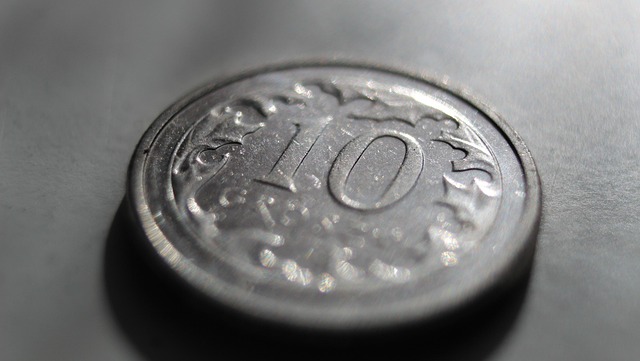Lenders inspect cars for cosmetic damage, using tools to assess paint, alignment, trim, tires, and windows, determining market value. This process offers borrowers flexible repayment options and ensures fairness. Minor cosmetic issues may not impact approval, but severe damage could affect loan amount and terms. Understanding this inspection is key for successful car title loan borrowing.
“When applying for a car title loan, minor cosmetic damage to your vehicle might seem like a trivial concern. However, it plays a significant role in the inspection process and can impact approval. This article delves into the intricate world of cosmetic damage assessment, exploring how it intersects with the strict standards of the car title loan inspection process. By understanding these factors, borrowers can navigate the application phase with confidence.”
- Understanding Cosmetic Damage Assessment
- The Role of Vehicle Inspection in Title Loan Approval
- Common Minor Damages and Their Impact on Loans
Understanding Cosmetic Damage Assessment

When applying for a car title loan, understanding the assessment process is key to ensuring a smooth experience. Cosmetic damage evaluation forms an integral part of this inspection, as lenders need to gauge the overall condition of your vehicle. This goes beyond just checking for major dents or scratches; it involves assessing every aspect of your car’s exterior and interior to determine its market value accurately.
The car title loan inspection process includes a detailed examination of various elements such as paint quality, panel alignment, trim integrity, and even the condition of tires and windows. Lenders may use standardized assessment tools to ensure consistency in their evaluations. By considering these factors, lenders can offer fair repayment options tailored to your vehicle’s current state, promoting flexible payments throughout the loan term. Ultimately, a clear understanding of cosmetic damage assessment can help borrowers prepare for a successful loan approval.
The Role of Vehicle Inspection in Title Loan Approval

When applying for a car title loan, one of the critical steps in the approval process is the vehicle inspection. This meticulous process plays a pivotal role in determining whether your application will be approved or not. During this inspection, a professional appraiser examines your vehicle thoroughly to assess its current condition. They consider various factors, including the overall structural integrity, mechanical soundness, and aesthetic appeal. Minor cosmetic damage, while noticeable, might not significantly impact the vehicle’s value as long as it doesn’t affect performance or safety.
The car title loan inspection process involves a comprehensive evaluation of your vehicle’s history and condition. This includes checking for any existing repairs, replacements, or modifications. In some cases, especially with specialized vehicles like semi trucks, lenders might require specific documentation related to maintenance records and previous inspections. Understanding these requirements is essential when preparing your application, as it ensures a smoother process and potentially faster approval, even with interest rates varying based on vehicle condition and other factors.
Common Minor Damages and Their Impact on Loans

Minor cosmetic damage on a vehicle is a common concern for many owners, but its impact on loan approval can vary greatly depending on several factors. During the car title loan inspection process, lenders assess not just the overall condition of the car but also the severity and type of damages present. Common minor damages include small scratches, dents, or dings on the exterior panels, which are often considered less critical than more severe body damage.
These seemingly trivial issues may not hinder quick funding or same-day funding for car title loans, especially if the vehicle still meets the lender’s minimum requirements in terms of overall condition and resale value. However, extensive cosmetic repairs or replacements might be required to address more significant damages, potentially adding costs that could affect the final loan amount or approval status. Lenders want to ensure that borrowers can maintain their vehicles properly, which is crucial for keeping the car in good shape and maximizing its future resale value.
While minor cosmetic damage may seem like a small concern, it plays a significant role in the car title loan approval process. Understanding how these imperfections are assessed and their potential impact on loan eligibility is crucial for borrowers. The vehicle inspection process, which includes evaluating cosmetic damages, ensures fairness and accuracy in title loan decisions. By being aware of common minor damages and their effects, individuals can better navigate the car title loan market, making informed choices that align with their financial needs.






